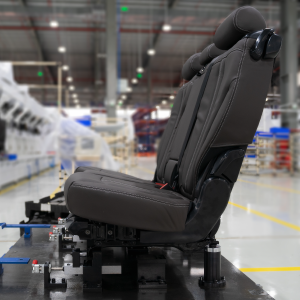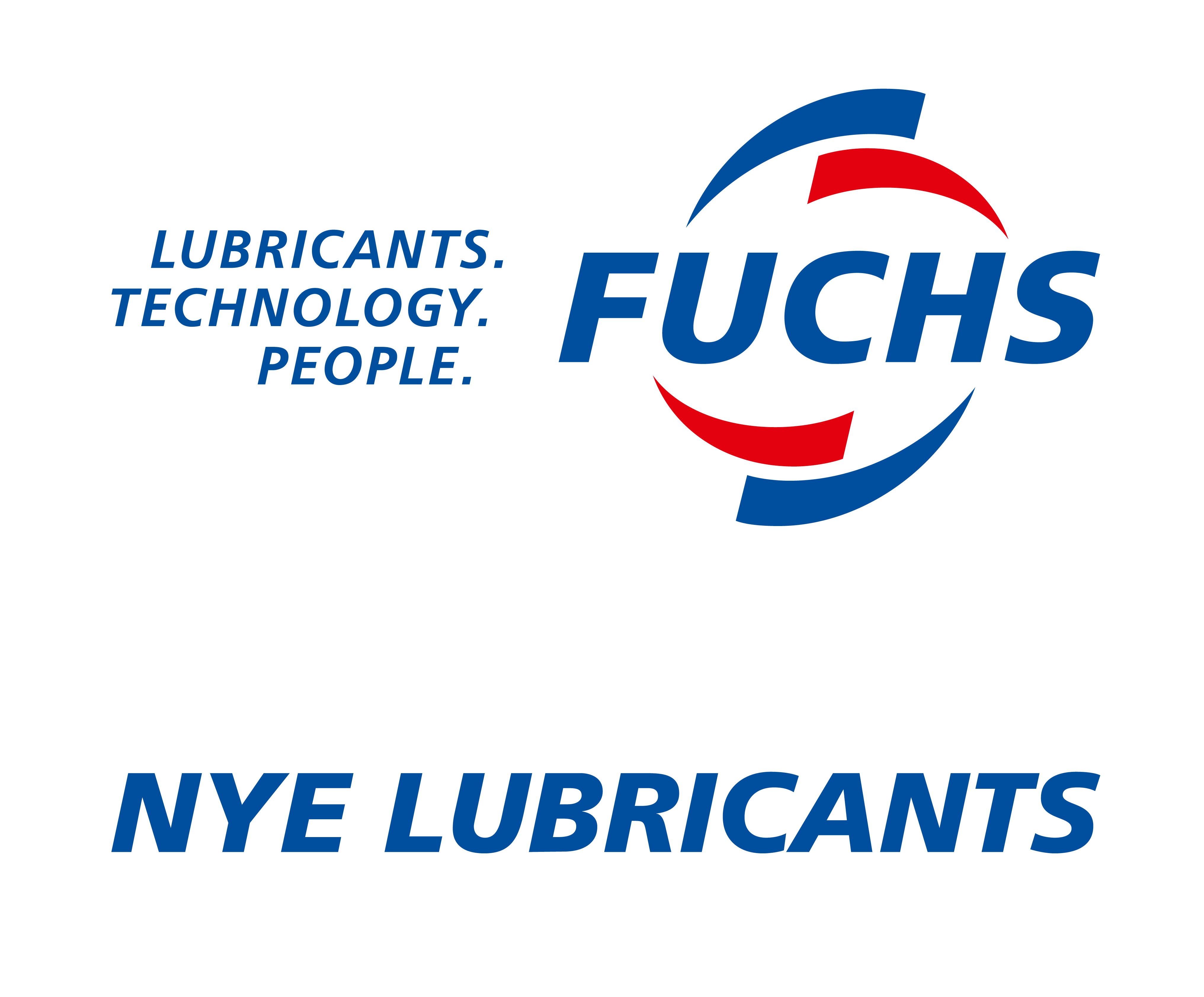Case Study: Sealing Reclining Mechanisms

Background
Wear protection is just one function of grease. Lubricants can also be used to create a barrier that protects components from corrosive elements. A leading supplier in automotive seating components experienced difficulties with their recliner key mechanism. During testing, the chemical bath used for e-coating the seat frame got inside the mechanism and removed the existing lubricant. This caused operating issues, particularly unwanted noise. The OEM needed a grease that would seal the mechanism so that it could withstand the high temperatures of e-coating. The grease also needed to be compatible with plastics as the design included plastic side shield covers.
Challenge
- Can the lubricant seal the recliner key mechanism to withstand e-coating?
- Can the lubricant resist high temperatures and harsh chemicals?
Solution
Uniflor™ 8172
A PTFE thickened, light viscosity, completely fluorinated grease.
- Wide operating temperature range from -45 to 225°C
- Resistant to aggressive chemicals
- Excellent plastic and elastomer compatibility
- Specifications: DaimlerChrysler: MS-9987 & GM: 9985880
| Product | Chemistry | Temp Range (°C) | Oil Separation (24 hrs @ 100°C) | Evaporation (24 hrs @ 150°C) |
|---|---|---|---|---|
| UNIFLOR 8172 | PFPE/PTFE | -45 to 225 | 3.8% | 0.23%" |
Results
The customer completed in-house testing of Uniflor™ 8172 against several other Nye greases. No other grease met the customer’s temperature and compatibility requirements so the OEM ultimately selected Uniflor™ 8172 to replace the existing lubricant within their reclining mechanism. Uniflor™ 8172 successfully sealed the mechanism to enable e-coating and reduced the noise within the component. The customer remains satisfied with the product.


